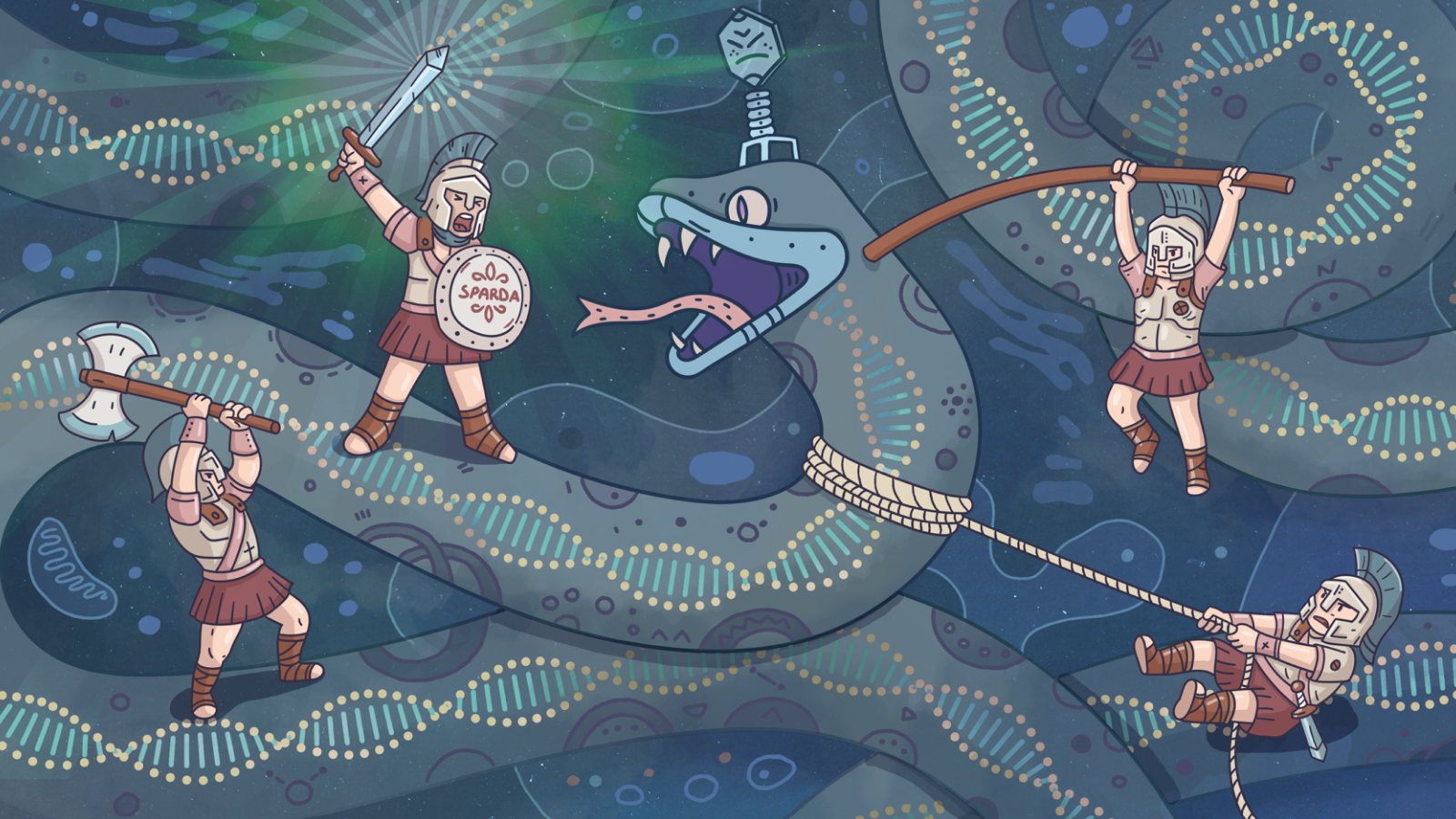Ocean Depths are Shark-Free

With shark numbers dwindling, scientists have long hoped they would find previously unknown populations of them and perhaps even new species in the deepest parts of the oceans.
A new study concludes the sharks aren't down there.
Sharks do not colonize below 1.86 miles, scientists said today. Calculations therefore suggest the oceans are 70 percent shark-free.
"Sharks are apparently confined to around 30 percent of the world's oceans, and all populations are therefore within reach of human fisheries, near the surface and at the edges of deep water, around islands, seamounts and the continents," said Monty Priede, at the University of Aberdeen in the UK. "Sharks are already threatened worldwide by the intensity of fishing activity, but our finding suggests they may be more vulnerable to over-exploitation than was previously thought."
A study in 2004 concluded that some shark species have declined 80 percent or more, due largely to fishing. A 2003 study found the populations of 15 of 17 shark species in the North Atlantic had been cut in half in less than two decades.
Priede and his colleagues don't know why sharks don't go deep, as do cod and other species that thrive as deep as 5.5 miles. Sperm whales routinely dive more than 2 miles to hunt (they get the bends, however).
The study is detailed in the Proceedings of The Royal Society, Biological Series.
Get the world’s most fascinating discoveries delivered straight to your inbox.
The conclusion is based on an analysis of records collected over the past 150 years, plus 20 years of actively looking for deep-dwelling sharks. In particular, more than 100 scientists from several countries conducted a month-long expedition along the Mid-Atlantic Ridge between Iceland and the Azores in 2004.
The deepest confirmed report of a shark is at 2.29 miles (3,700 meters).
"As far as we can see there is no hidden reserve of sharks in the deep sea," Priede said. "All we see, is all there is, it's highly unlikely we are going to find anymore."
- Gallery: Great White Sharks
- Sharks Everywhere: Vote for Your Favorite
- Sharks' Sixth Sense Related to Human Genes
- Are Great Whites Descended from Mega-Sharks?
- Without Sharks, Food Chain Crumbles
- How Sharks Stay Warm
Robert is an independent health and science journalist and writer based in Phoenix, Arizona. He is a former editor-in-chief of Live Science with over 20 years of experience as a reporter and editor. He has worked on websites such as Space.com and Tom's Guide, and is a contributor on Medium, covering how we age and how to optimize the mind and body through time. He has a journalism degree from Humboldt State University in California.
 Live Science Plus
Live Science Plus






